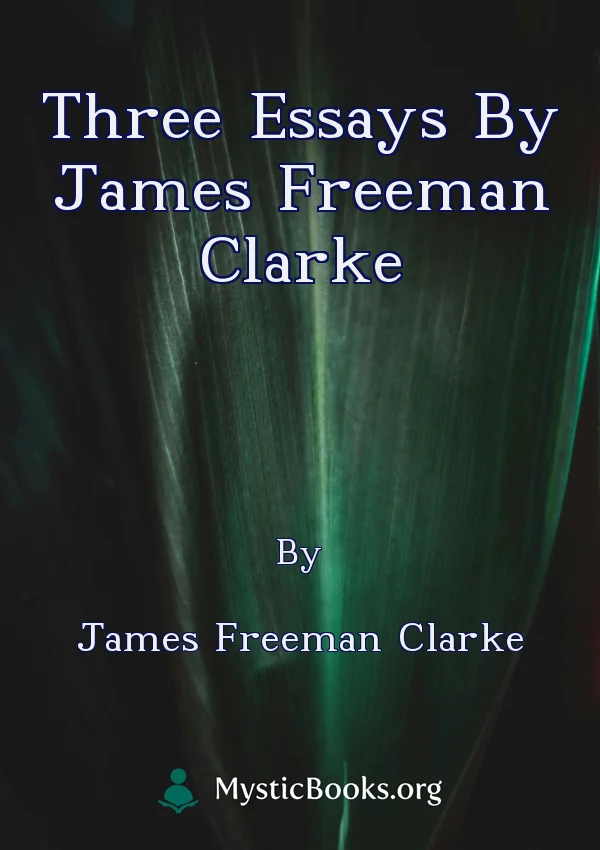
Three Essays by James Freeman Clarke
'Three Essays by James Freeman Clarke' Summary
**Are Souls Immortal?** James Freeman Clarke begins his essay by discussing the different beliefs about the afterlife that have been held by different cultures and religions throughout history. He then presents the arguments for and against the immortality of the soul. He concludes by saying that he believes that the soul is immortal, but that he does not know for sure. **Buddhism and Christianity** In this essay, Clarke compares Buddhism and Christianity. He finds that the two religions have many similarities, such as their emphasis on compassion and love. However, he also finds some important differences between the two religions, such as their views on the nature of God and the afterlife. **Individualism in Religion** In this essay, Clarke argues that each person must find their path to God and that there is no one right way to practice religion. He says that we should not be afraid to question our beliefs and to seek out new ways to connect with God. He also says that we should be tolerant of the beliefs of others and that we should work together to build a more just and compassionate world.Book Details
Language
EnglishOriginal Language
Published In
Genre/Category
Tags/Keywords
Download eBooks
Listen/Download Audiobook
- Select Speed
Related books
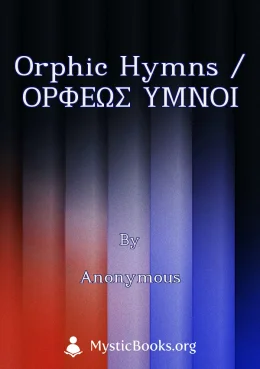
Orphic Hymns / ΟΡΦΕΩΣ ΥΜΝΟΙ by Anonymous
The Orphic Hymns, attributed to the legendary figure Orpheus, are a collection of ancient Greek poems that celebrate various deities. These hymns were...
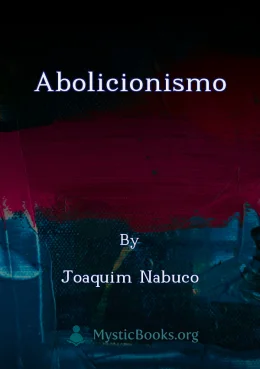
Abolicionismo by Joaquim Nabuco
“O Abolicionismo” é uma obra seminal de Joaquim Nabuco, escrita em 1883, que defende a abolição da escravatura no Brasil. Nabuco argumenta que a escra...

Bible (Reina Valera) 23: Isaías by Reina-Valera
El libro de Isaías, parte del Antiguo Testamento, presenta las profecías de uno de los profetas más influyentes en la historia judía. Se caracteriza p...
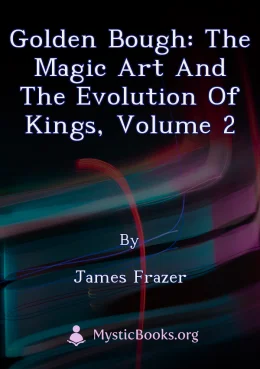
Golden Bough: The Magic Art and the Evolution of Kings, Volume 2 by James Frazer
The second volume in Frazer's seminal 12-volume set on anthropology and traditional systems of belief explores the superstition and magical purpose of...
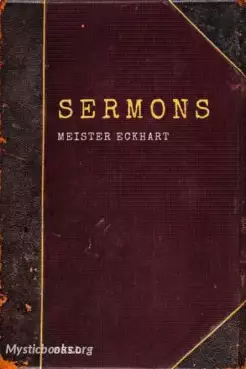
Meister Eckhart's Sermons by Meister Eckhart
"If a piece of wood became as aware of the nearness of God as an archangel is, the piece of wood would be as happy as an archangel."
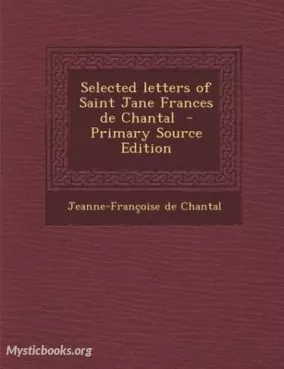
Selected Letters of Saint Jane Frances de Chantal by Saint Jane Frances de Chantal
Delve into the intimate world of Saint Jane Frances de Chantal, a woman whose unwavering faith and profound wisdom illuminated the path of countless o...

The Christmas Bishop by Winifred M. Kirkland
It is a story about a kind bishop who brings joy and hope to a struggling community during the Christmas season. The book was originally published in...
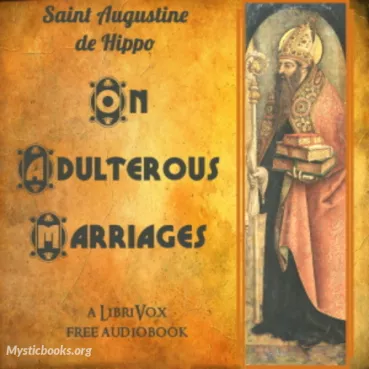
On Adulterous Marriages by Saint Augustine of Hippo
It explores the controversial issue of marriage and adultery from a moral and religious perspective. Augustine's writing style is characterized by it...
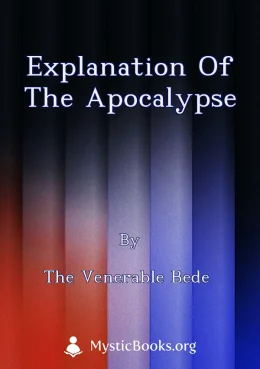
Explanation of the Apocalypse by The Venerable Bede
The Explanation of the Apocalypse by the Venerable Bede is an early Christian exegetical work that offers a detailed interpretation of the Book of Rev...
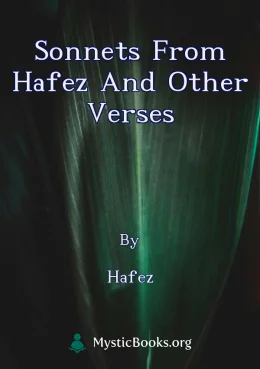
Sonnets from Hafez and Other Verses by Hafez
This book, 'Sonnets from Hafez and Other Verses by Hafez,' presents a unique blend of translated and original poetry, exploring themes of love, mystic...
Reviews for Three Essays by James Freeman Clarke
No reviews posted or approved, yet...